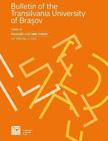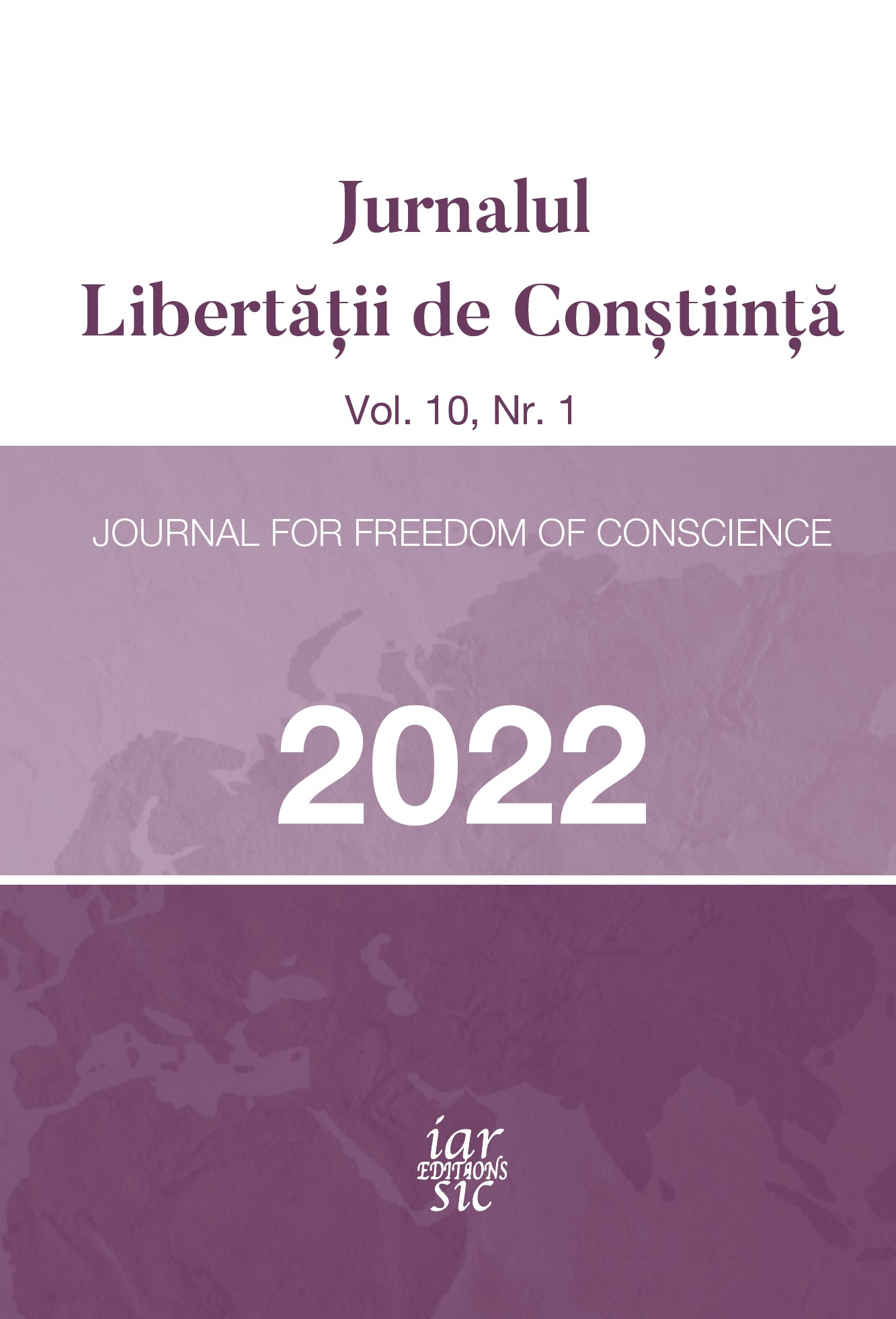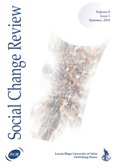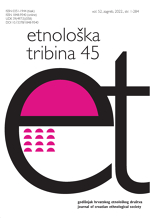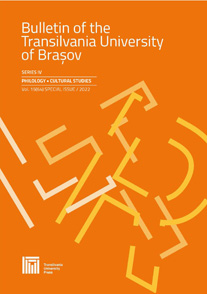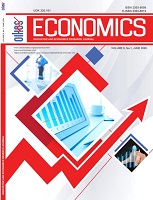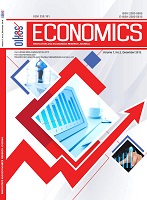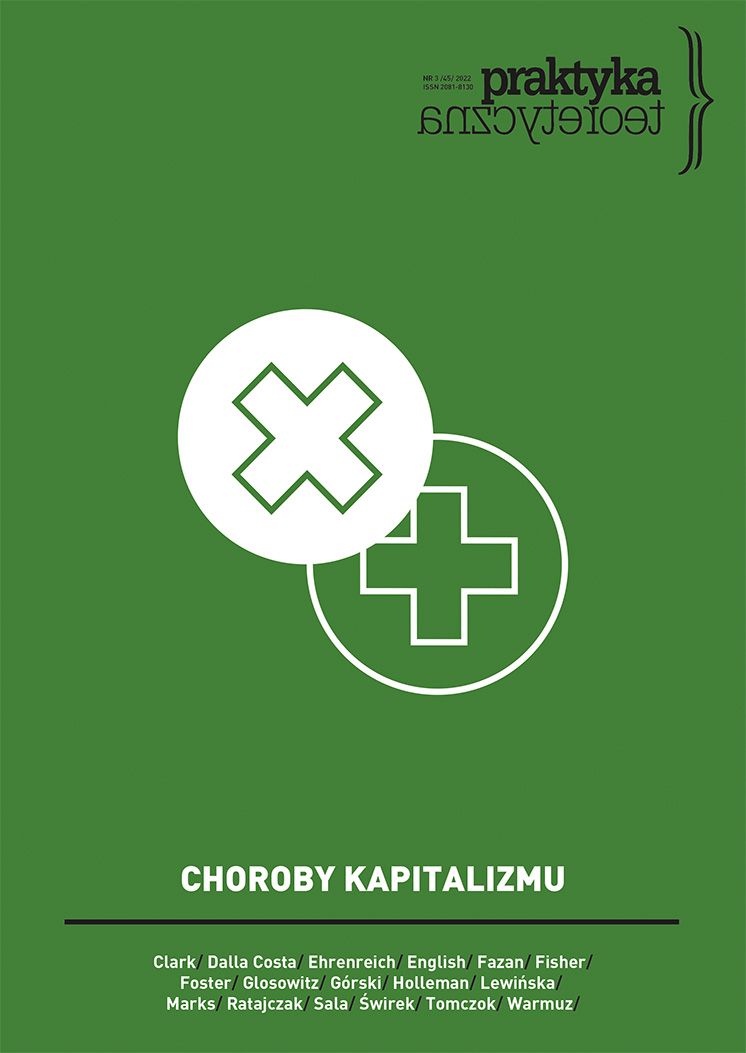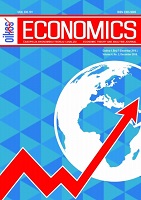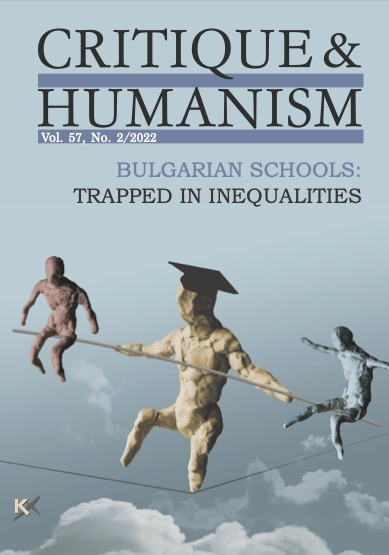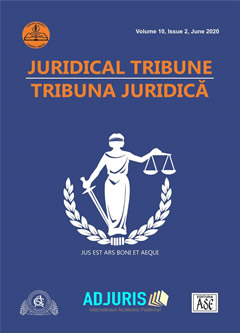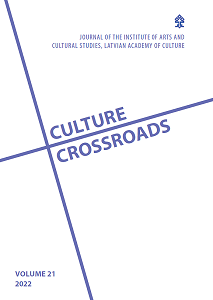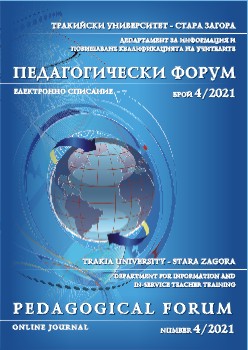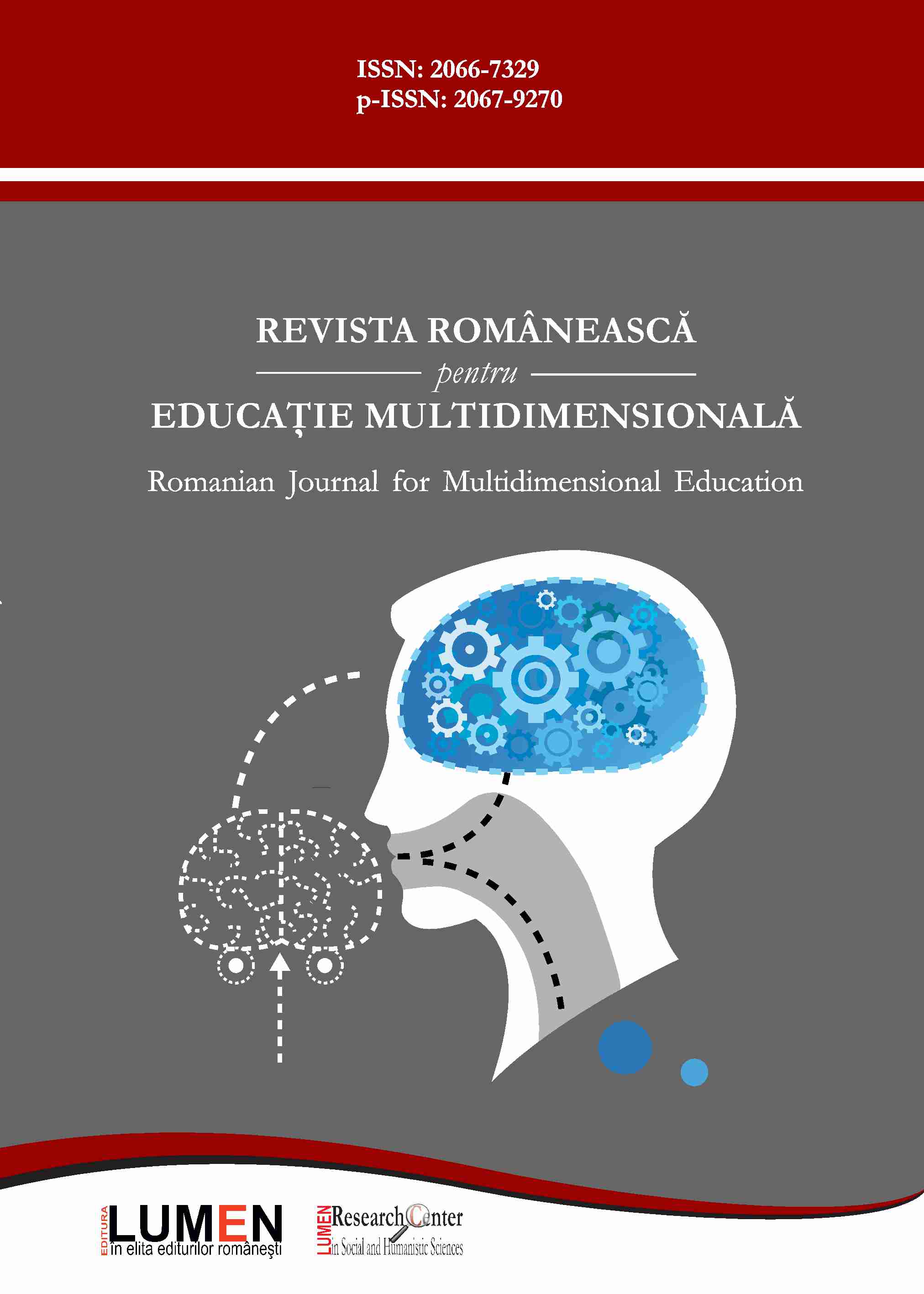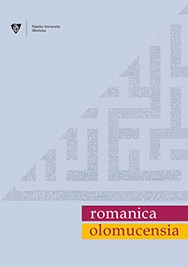
Fantastique et sentiment pré-écologique au XIXe siècle: trois récits de George Sand
Nature is a major theme of romanticism. However, it is neither unified nor unique. The paradigm evolves during the 19th century, where the authors’ projects combine aesthetic, metaphysical, or ideological contemporary considerations. Laura ou Voyage dans le cristal, L’Orgue du Titan, and Le Géant Yéous by George Sand bear witness to this momentum. These fictions, published in the late 19th century, intertwine in their diegesis natural studies and folklore, the reality of the world and the supernatural. The image of nature that they propose is plural. Consequently, they constitute a privileged medium to question the concept of nature from the point of view of the fantastic. Besides, these two notions were also developed theoretically by the novelist. The combination of ecopoetic textual analysis and the cross-reading of sources therefore highlight the narrative dynamics of nature and the fantastic in fictional texts. By means of the genre’s own procedures, George Sand proposed a varied representation of natural space to better suggest its richness and lead the reader towards a salutary shift in the reappraisal of an anthropomorphic conception of the world. The ecopoetic approach renews the scope of Sand’s fantastic in the narratives studied. As a vector of a discourse on and about nature, it is an aid to the restitution of a nature seen as oikos. In this sense, and in the 19th century, it metaphorizes an already ecological thought in keeping with the social and political ideal defended by the author.
More...
